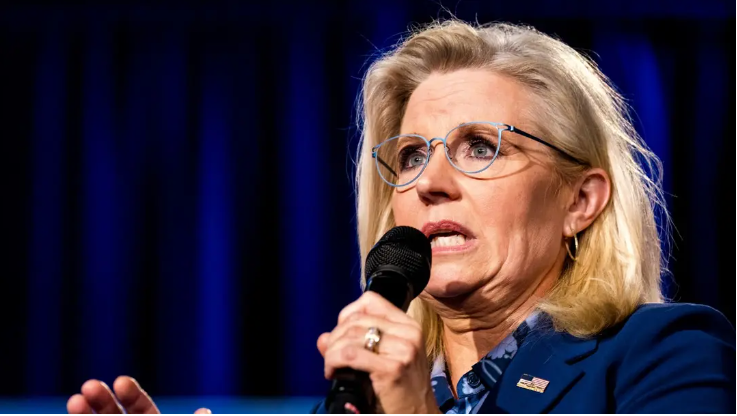Poland Orders Mass Recall of Ambassadors
The Polish foreign ministry announced Wednesday that it had recalled 50 of its ambassadors — appointed by the previous Law and Justice government during its eight-year rule — in order to improve the country's diplomatic relations....
Facts
- The Polish foreign ministry announced Wednesday that it had recalled 50 of its ambassadors — appointed by the previous Law and Justice government during its eight-year rule — in order to improve the country's diplomatic relations.1
- The move has been approved by pro-EU Prime Minister Donald Tusk but has yet to be confirmed by Pres. Andrzej Duda — a critic of Tusk. If Duda objects to the changes, charges d'affaires or deputy ambassadors would run the affected diplomatic missions.2
- Tusk, a former president of the European Council, claimed that this diplomatic reshuffle wasn't a retaliation against his predecessors but aimed at building 'a team loyal to the Polish state.'3
- Under Poland's constitution, the government is responsible for foreign policy, but the president has the power to appoint and dismiss ambassadors.4
- Though the procedure to change the envoys had reportedly begun, the government neither named any of the ambassadors being recalled nor revealed when they would be replaced.5
- According to the head of the presidential cabinet, Duda had reached an agreement with Tusk, adding the country's representation to the US, France, NATO, and the UN would be treated as 'presidential posts.'6
Sources: 1Independent, 2Sky News, 3POLITICO, 4Notes From Poland, 5Guardian and 6Warsawvoice.
Narratives
- Pro-establishment narrative, as provided by Associated Press. The recall of ambassadors named by the previous Euro-skeptic right-wing government is much needed to ensure professional implementation of the Polish foreign policy. This is vital as the country navigates through a challenging time in which, close to its own borders, Ukraine resists Russia's war of aggression.
- Establishment-critical narrative, as provided by Tvpworld. Tusk and his Cabinet have no constitutional legitimacy to appoint or dismiss ambassadors without presidential support, so this move is nothing but performative. While the constitution demands cooperation on foreign policy, this isn't to say that the president must sign all proposals from the prime minister.







